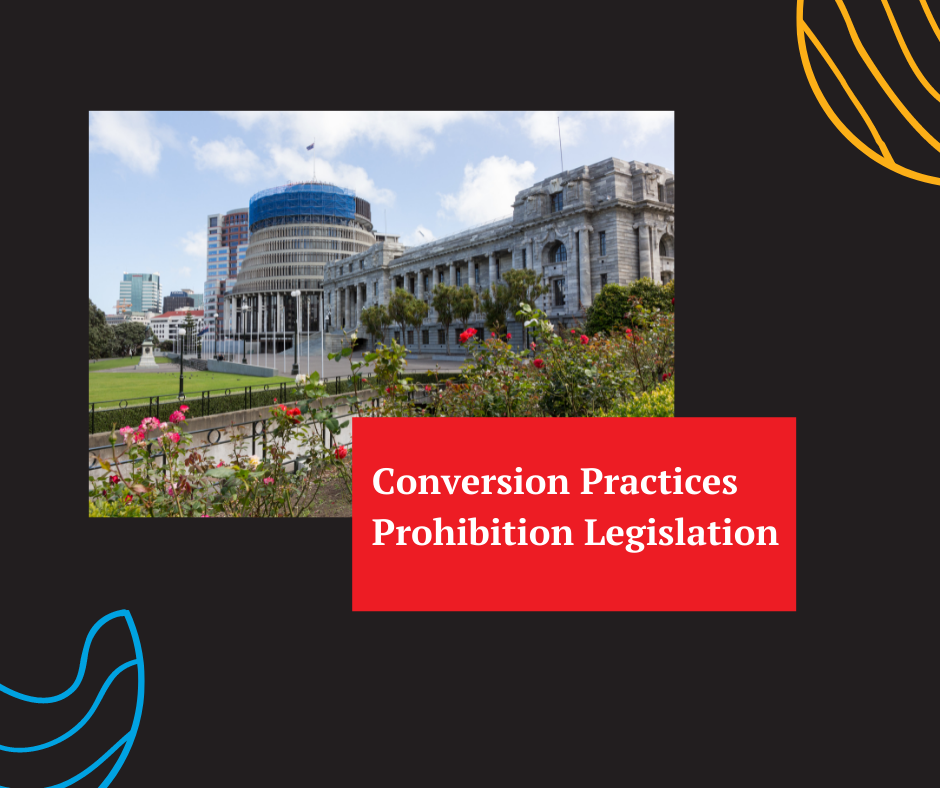New Zealand’s experience with the Conversion Practices Prohibition Legislation has been far from ideal. Because such legislation was a Labour Party election manifesto policy, and because the Government has had such a huge majority, the select committee process was something of a farce. Many thousands of thoughtful submissions were made, critiquing obvious biases and deficiencies in the Bill, and suggesting constructive improvements. But the select committee shamefully stonewalled them all, and back in the debating chamber so did the majority of MPs.
Parents, schools, counsellors, and churches are now left trying to work out how to interpret and apply the new law.
At one level, the prohibition on coercive and harmful “therapy” practices for LGBT people is a good thing, and was supported by NZCN and many others. Nobody should be subjected to practices that are unsolicited, or demeaning or harmful. It also needs to be said that the incidence of such practices in New Zealand appears to be very rare, especially nowadays.
We can also readily agree with the second stated aim of the law, to encourage “respectful and open discussions regarding sexuality and gender”. The problem though, is that very little in the law appears to facilitate open discussion, but on the contrary appears likely to inhibit or close down any “open” discussion (except when such discussion is endorsing same-sex identity or gender transition.
A key (and contradictory) sentence in the new law, and relevant to both parents and church leaders, allows for “the expression only of a religious principle or belief made to an individual that is not intended to change or suppress the individual’s sexual orientation, gender identity, or gender expression”.
On the one hand, the first part of that sentence appears to protect in law the right of anyone to express to an individual religious beliefs or principles about sexuality or gender.
- A parent could, for example, express their disbelief in gender transition, or express some cautions or beliefs about potential losses or risks associated with gender transition, or say: “I personally don’t believe it is wise for people aged 12 to take puberty blockers, because most people with gender dysphoria become comfortable with the sex they were born into once they have begun puberty”.
- A parent or church leader could say: “I believe the Bible teaches that God loves everyone, and invites us to follow him and his ways”, or “I believe the Bible teaches that God’s intention for human sexual expression is loving faithful marriage between one man and one woman”.
However, such expressions of belief will need to be respectful and non-coercive, conveyed with compassion and gentleness, and with respect for people’s worth, dignity, and freedom of choice.
The second part of the sentence, however, forbids anything “intended to change or suppress the individual’s sexual orientation, gender identity, or gender expression”. This clause appears to directly contradict the law’s avowed aim to encourage “open” discussion about sexuality and gender, is a contravention of religious freedom as enshrined in the Bill of Rights (because Christian faith is not just about “beliefs” but also about personal choices and conduct), and is in effect a denial of people’s rights to seek whatever advice and support they may feel they need.
How this clause may be interpreted by courts is hard to predict, but it would be wise for anyone giving advice or support to anyone else in these matters to ensure that whatever they say, pray, or do is unfailingly respectful, loving, non-coercive, and unharmful, giving full weight to people’s freedom of choice.
Whatever we do, we must be faithful to God’s grace and truth as revealed in Christ and the Scriptures, act with integrity, and be responsive to the Spirit of God.









0 Comments